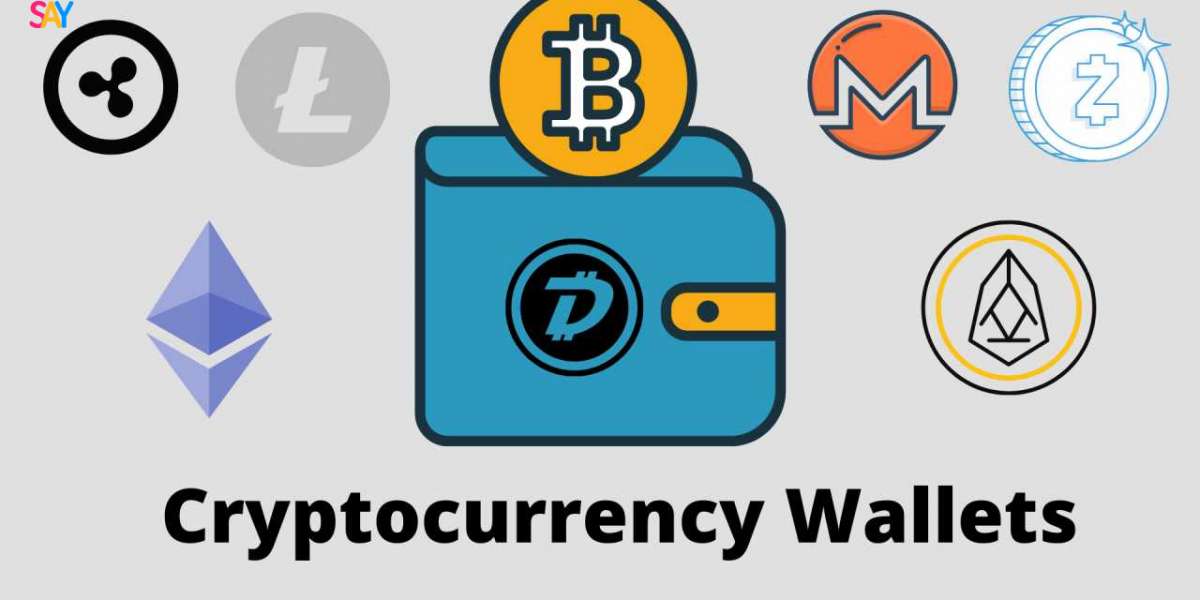In the vast world of cryptocurrency, Bitcoin has become a prominent player, capturing the interest of enthusiasts, investors, and unfortunately, scammers. With the growing importance of securing digital assets, the question arises: can you find a Bitcoin wallet by using an email address? Let’s dive into the intricacies and explore this intriguing query.
Understanding Bitcoin Wallets
Before delving into the possibility of tracing a Bitcoin wallet through an email address, it’s essential to comprehend the nature of Bitcoin wallets. These digital wallets are the gatekeepers of your cryptocurrency holdings, facilitating transactions and providing a secure space to store your Bitcoins.
The Complexity of Bitcoin Addresses
Bitcoin wallets are associated with unique addresses — a long string of alphanumeric characters that ensures the anonymity of transactions. Deciphering the owner of a wallet solely based on its address poses a considerable challenge, contributing to the pseudonymous nature of Bitcoin transactions.
Challenges in Linking Bitcoin Wallets to Email Addresses
While the blockchain records all Bitcoin transactions, it doesn’t explicitly link wallet addresses to personal information such as email addresses. This intentional privacy measure makes it challenging to directly associate a Bitcoin wallet with the corresponding email.
Blockchain Transparency vs. User Privacy
Blockchain technology boasts transparency, allowing anyone to trace the flow of Bitcoin between wallets. However, this transparency is designed to reveal transaction histories, not the identities of wallet owners. Privacy remains a crucial aspect of cryptocurrency, and linking wallets to email addresses would compromise this fundamental principle.
Potential Scams and Risks
The quest to find a Bitcoin wallet by email may lead some into the realm of scams. Numerous online platforms claim to offer such services, promising to unveil the identity behind a Bitcoin wallet for a fee. Beware of these scams, as they often exploit the curiosity of users without delivering on their promises.
Educating Users on Online Scams
To navigate the crypto space safely, it’s crucial to educate users about potential scams. Promoting awareness can protect individuals from falling victim to fraudulent schemes and ensures a secure environment for engaging with cryptocurrencies.
Conclusion: Respecting Privacy in the Crypto World
In conclusion, the privacy-centric design of Bitcoin wallets and blockchain transactions makes it inherently difficult to find a wallet by an email address. While some services claim to offer this capability, they often lead to scams and risks.
As we navigate the ever-evolving landscape of cryptocurrency, respecting privacy and understanding the limitations of tracing mechanisms is paramount. Protecting your digital assets goes hand in hand with staying informed and vigilant.
Frequently Asked Questions
- Can I Really Find a Bitcoin Wallet Using an Email Address?
Unfortunately, no. The privacy features of Bitcoin prevent direct linkage between wallet addresses and email addresses.
- Are There Legitimate Services Offering This Feature?
Exercise caution; many services claiming to link wallets to emails are scams. Verify the legitimacy of any service before engaging.
- How Can I Enhance the Security of My Bitcoin Wallet?
Utilize hardware wallets, enable two-factor authentication, and stay informed about the latest security practices.
- What Should I Do If I Suspect a Scam?
Report any suspicious activity to the relevant authorities and educate others about potential scams in the crypto space.
- Is Bitcoin Truly Anonymous?
Bitcoin transactions are pseudonymous, meaning they don’t directly reveal personal information. However, maintaining anonymity requires cautious practices.




